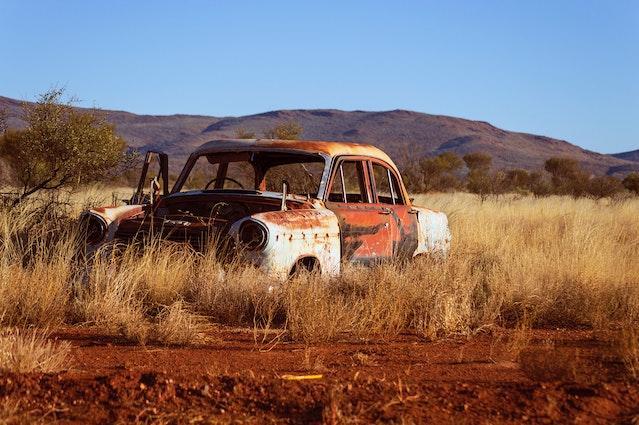Do you have a clunker on your property? Maybe it’s a project car to practice your backyard mechanic skills on or one that you’ve simply neglected and has become invisible to you. No matter why you have one rusting away in your back or side yard, you’re probably unaware that it could cause you more problems than it’s worth. In this article, we’ll go over what junk car owners must know in California.
What Is Premises Liability?
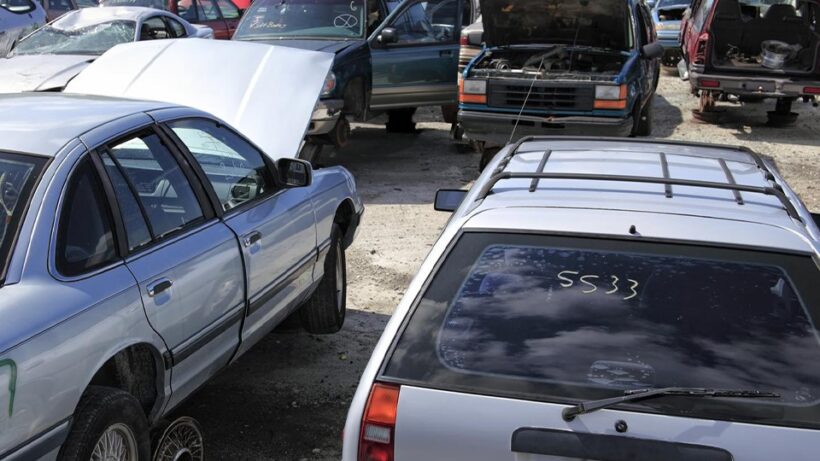
As a property owner, you have a legal responsibility to ensure that it is free from hazards. Should an invited guest, or in some circumstances, even a trespasser, be injured on your property, you, as the landowner, can be held responsible for their injuries and any damages they incur due to the incident. Property owners have the duty of care to ensure that their land is safe and free of any hazards that could harm someone. If your junk car has somehow injured someone, yes, it’s legally your fault and your responsibility to compensate them.
While this may not seem like much of a risk, accidents can and do happen. Most adults are responsible enough to know if a junk car is unsafe. However, many children do not. For example, if you’ve invited friends and their children over, the kids can get into all sorts of trouble. Having a broken-down vehicle in your backyard is a magnet for kids and teens. Since it’s a junk car, they could climb on top of it and fall, be exposed to any leaking toxic fluids, or be injured by broken parts.
Premises Liability and Uninvited Guests
Unfortunately, premises liability could quite possibly also cause property owners to be responsible for trespassers who’ve been injured by your junk car. Although there is a bit of a gray area to this legality, you could still be hit with a personal injury lawsuit. The law states that if you have frequent and expected trespassers on your property, you do owe them the same duty of care as you would for invited guests.
For instance, if there’s a well-known shortcut that passes through your property and an uninvited guest using the shortcut is injured by your junk car, you could be held liable for their damages. If the shortcut on your property connects two public areas, say a parking lot and a public park, you’ll most likely have a lot of foot traffic on your land. You’re responsible for their safety. Unfair as it may sound, a savvy personal injury lawyer could try and take you for all you’re worth.
Other Legalities of Storing a Junk Car on Your Property
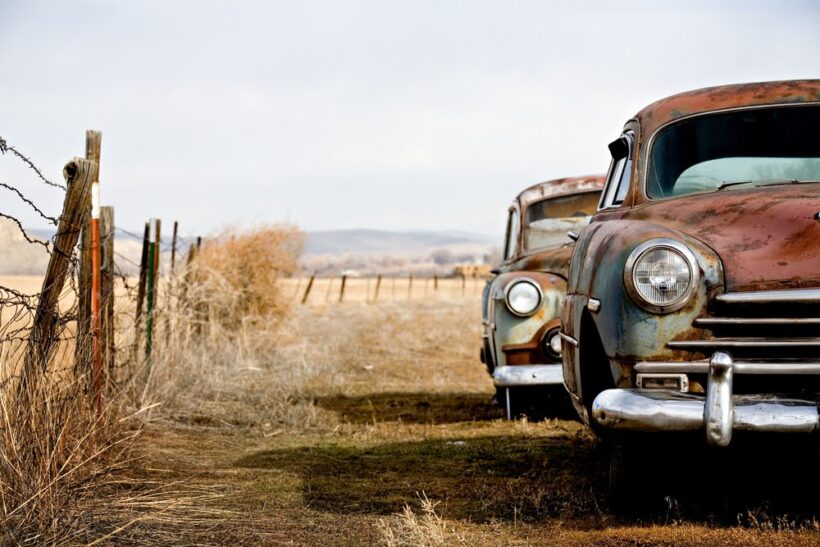
In the state of California, it is a violation to store an unregistered or inoperable vehicle on a residential property. This includes junk cars, especially those that could create an eyesore and are visible to the public. The only exceptions to this rule are if they’re stored completely out of the public’s view in a closed garage or similar structure. Simply hiding the wreck under a tarp doesn’t exempt it from the law.
As a property owner, you’re responsible for keeping your place free from hazards. However, if you are not willing to put the effort into dealing with the junk car, there are some other options. So, if you are ready to remove that wreck from your yard, consider getting cash for junk car in Irvine, CA, by selling it to a specialized junk car dealer. They’ll haul that hooptie away, ensuring that your property is hazard-free.
The storing of a junk car on residential property may also be a violation of some municipalities’ blight ordinances. Any object or objects left littered on a residential property could be subject to a fine if they’re found to be unattractive or potentially harmful. Even if not technically breaking any laws or ordinances, storing a junk car on your property could cause problems with your neighbors.
Junk Cars, Premises Liability, and California Property Owners Explained
While you may think you can store whatever you want on your residential property, a junk car could become an expensive liability. As a property owner, you owe guests (and sometimes trespassers) a reasonable duty of care to ensure they aren’t injured. A junk car can be quite attractive and inviting to children, and they’re the ones who are most at risk. If one of them is harmed while exploring your jalopy, you’ll be responsible for compensating their parents for any injury-related expenses. Why keep a clunker when you can sell it to a junk car dealer?
Remove that added responsibility by contacting a specialized car dealer who purchases all kinds of vehicles, especially troublesome junk cars. They don’t care if they’re running or not. With one phone call, you can get an offer and, within 24 hours, have that wreck removed and have some additional dollars in your hand.
The Environmental Impact of Junk Cars
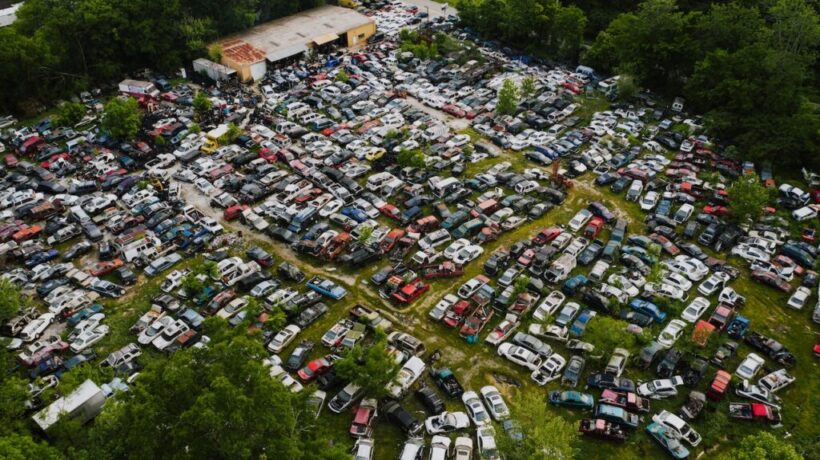
While premises liability is a pressing concern for property owners, there’s another dimension to consider – the environmental implications of storing a junk car. Junk cars, particularly those left to decay, can become environmental hazards in several ways.
Toxic Fluids and Ground Contamination
Most vehicles contain fluids that, if not disposed of correctly, can leak into the soil. This includes oil, antifreeze, brake fluid, and transmission fluid. Over time, these chemicals can seep into the ground and potentially contaminate groundwater sources. In California, where water scarcity can be a concern, it’s crucial to ensure that these toxins don’t exacerbate the problem.
Risk of Fire
Junk cars, with their decaying components and flammable liquids, can pose a fire risk. If an old vehicle catches fire, it can release toxic fumes, further endangering both people and the environment.
Decline in Property Value
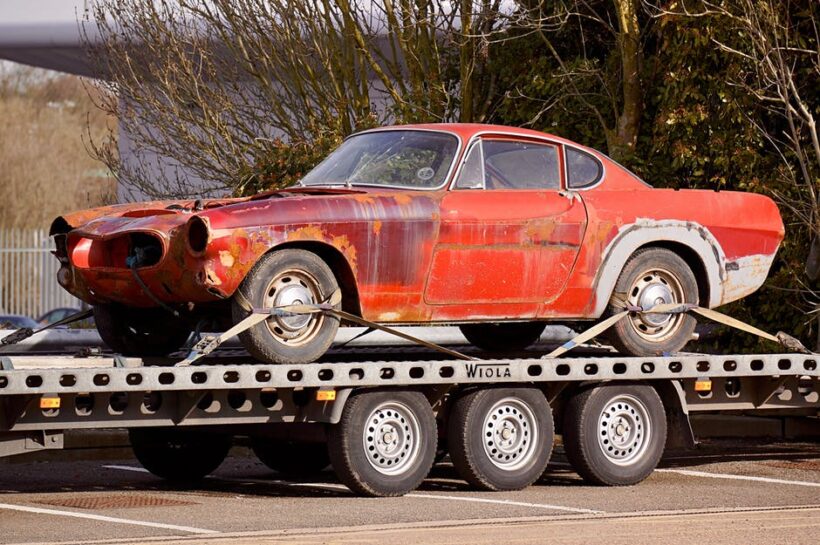
Having a junk car on your premises not only poses safety and environmental risks but can also diminish the value of your property. It can be a deterrent for potential buyers or renters who might perceive the stored vehicle as a sign of neglect.
Selling Your Junk Car: A Solution for Neighborhood Harmony
One effective way to address the issues caused by a junk car on your property is to consider selling it. If you sell your junk car this will not only help you avoid potential fines and legal action from homeowners associations but also improves the overall appearance of your neighborhood.
This approach also demonstrates responsibility and consideration towards your neighbors, fostering better relations within the community. By selling it, you contribute to maintaining the aesthetic appeal of the area, which can positively impact property values. Additionally, this solution is environmentally friendly, as it ensures proper disposal and recycling of the vehicle. This is a win-win situation: you earn extra cash while enhancing your neighborhood’s environment and relations.
Final Words
When deciding what to do with a junk car on your property, it’s essential to consider all implications, from potential legal liability to the environmental impact. By understanding the broader consequences of your decisions, you’ll be better prepared to take the best course of action for your situation and the community at large.

